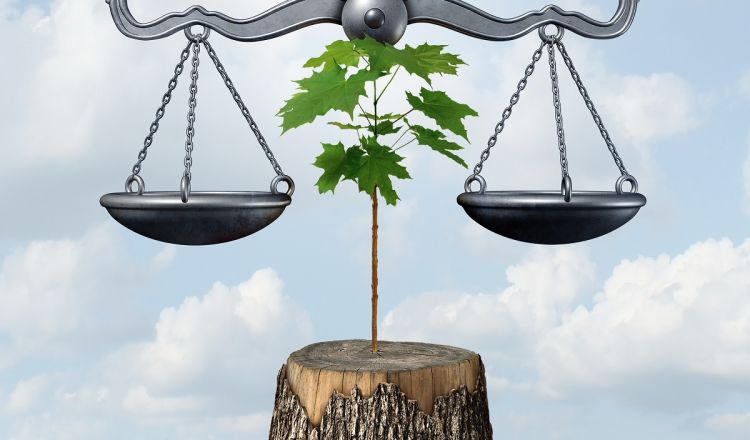Keys to Environmental Justice Reporting
2021-11-30 09:30

Environmental Journalism, Part 2: The keys to environmental justice reporting
- by JAMAIJA RHOADES-ijnet
Cover Photo Credit: EHS
The climate crisis doesn’t affect everyone equally. As more journalists report on environmental issues, it’s critical that they shine a light on the heightened consequences our deteriorating environment has on vulnerable communities.
Environmental justice reporters do just this.
Although the environmental justice movement began more than 30 years ago, many newsrooms are only just beginning to report on the intersection of discrimination and the environment, and how structural inequities intensify the consequences of the climate crisis. Environmental racism, for instance, affects the daily lives of many globally.
[Read more: What journalists can do globally to report on the climate crisis]
In our newest IJNotes episode, I spoke with Yessenia Funes, the climate director at Atmos, a climate and culture magazine and digital platform. Funes has worked as an environmental justice reporter for seven years, including at outlets like Colorlines and Gizmodo.
During our discussion, Funes provides insight on what exactly environmental justice reporting is, how she carries out her coverage, and why the beat is so critical for helping us understand the full scope of the climate crisis. She also highlights her favorite environmental justice stories that she has produced, and the challenges she faces as a reporter working this beat.









